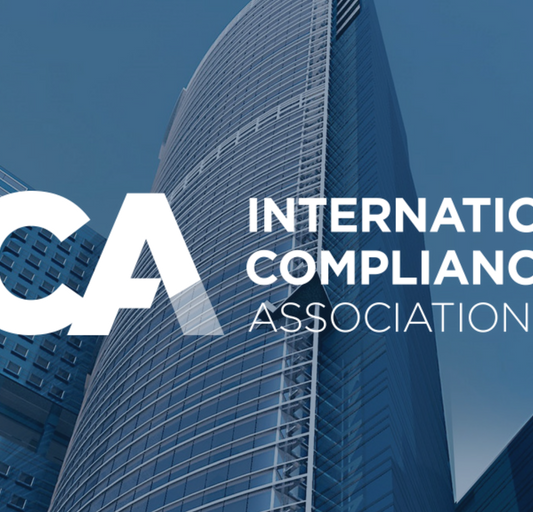Resources
International Compliance Association (ICA)
In this edition, we will delve into the International Compliance Association (ICA), its definition, practical examples, statistics,...

Non-Cooperative Countries or Territories (NCCTs)
In this edition, we will delve into the significance of Non-Cooperative Countries or Territories (NCCTs), its definition,...

Source of Funds (SoF)
In this edition, we will delve into the significance of Source of Funds (SoF), its definition, practical...

Source of Wealth (SoW)
In this edition, we will delve into the significance of Source of Wealth (SoW), its definition, practical...

Watchlist Screening
In this edition, we will explore the significance of watchlist screening, its definition, practical examples, statistics, and...

Suspicious Matter Report (SMR)
A Suspicious Matter Report (SMR) is a crucial tool in anti-money laundering efforts. It is a formal...

Compliance Assurance
Compliance assurance refers to the process of ensuring that an organization's policies, procedures, and practices comply with...

Customer Activity Report (CAR)
A Customer Activity Report (CAR) is a critical tool used in anti-money laundering efforts. It provides a...

Blockchain Forensics
This dictionary guide explores the field of blockchain forensics, which involves the analysis and investigation of transactions...

Risk Appetite Framework
This dictionary guide delves into risk appetite frameworks, which are essential tools for AML professionals to define...
